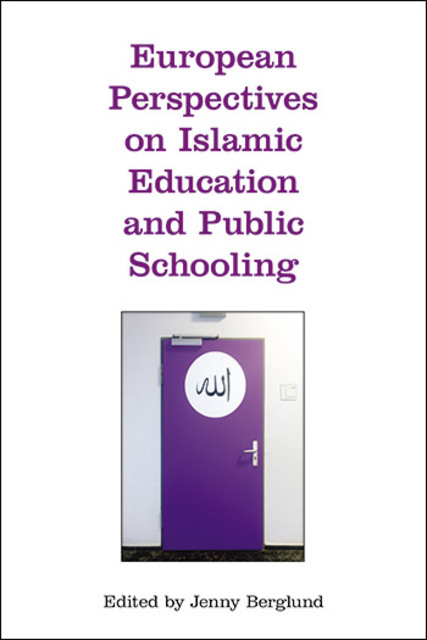Berglund/European Perspectives, Introduction.

Full description
Since 9/11 and the terrorist attacksin, for example, London, Paris and Stockholm, public debate about Islam and Muslims has often focused on contradictions, conflicts and contrasting value systems. On one side of this debate are those with a growing concern that immigrants with Muslim cultural backgrounds would be disloyal to their new western homes, thus requiring increased monitoring, surveillance and control. And on the other side are those who argue that the West’s Muslim populations have wrongly suffered from the increasing fear, intolerance and suspicion generated by the international politics and terrorism of a small number ofradicals. Such voices claim that there is a need not for monitoring and surveillance, but rather for the safeguarding of religious freedom and the right to equal treatment regardless of a group’s ethnic, cultural, linguistic and/or religious background.
In many countries these discussions have directed attention towards places of Islamic education such as Muslim schools, mosques and Islamic organizations, with a focus on the often controversial and contested manner in which they have been depicted in the media, in public discourse and, indeed, within Muslim communities themselves.2 Here it should be emphasized that issues surrounding the matter of how to transmit one’s religious tradition to future generations is crucial to the su vival of any religious minority in any part of the world, making religious education both an essential and a challenging minority cultural aim. In Europe numerous Muslim children, teenagers and even adults attend privately-run supplementary classes on Islam in the afternoons or on weekends, while others attend private schools or are taught at home. An emerging option in several European countries has been the state provision of publicly funded Islamic education—an alternative that lies at the heart of concerns over religious freedom, equal rights to education, integration and social cohesion, but that is also connected to matters of securitization and the state’s attempt to control Islam.
This volume makes a significant contribution to our understanding of how Islam is taught to a growing generation of minority-Muslim youths in diverse national contexts, knowledge that should be of value to teachers, politicians, policy makers, and perhaps parents and students as well. Although each country’s system of publicly funded Islamic education is unique and deeply tied to its own history, culture and sociopolitical composition, they all can gain knowledge and insights across national borders by learning about each other’s approach.
- typeImage
- created on
- file formatjpeg
- file size34 KB
- container titleEuropean Perspectives on Islamic Education and Public Schooling
- creatorJenny Berglund
- isbn9781781797754 (eBook)
- publisherEquinox Publishing Ltd.
- publisher placeSheffield, United Kingdom
- rightsEquinox Publishing Ltd.
- doi
We use cookies to analyze our traffic. Please decide if you are willing to accept cookies from our website. You can change this setting anytime in Privacy Settings.
